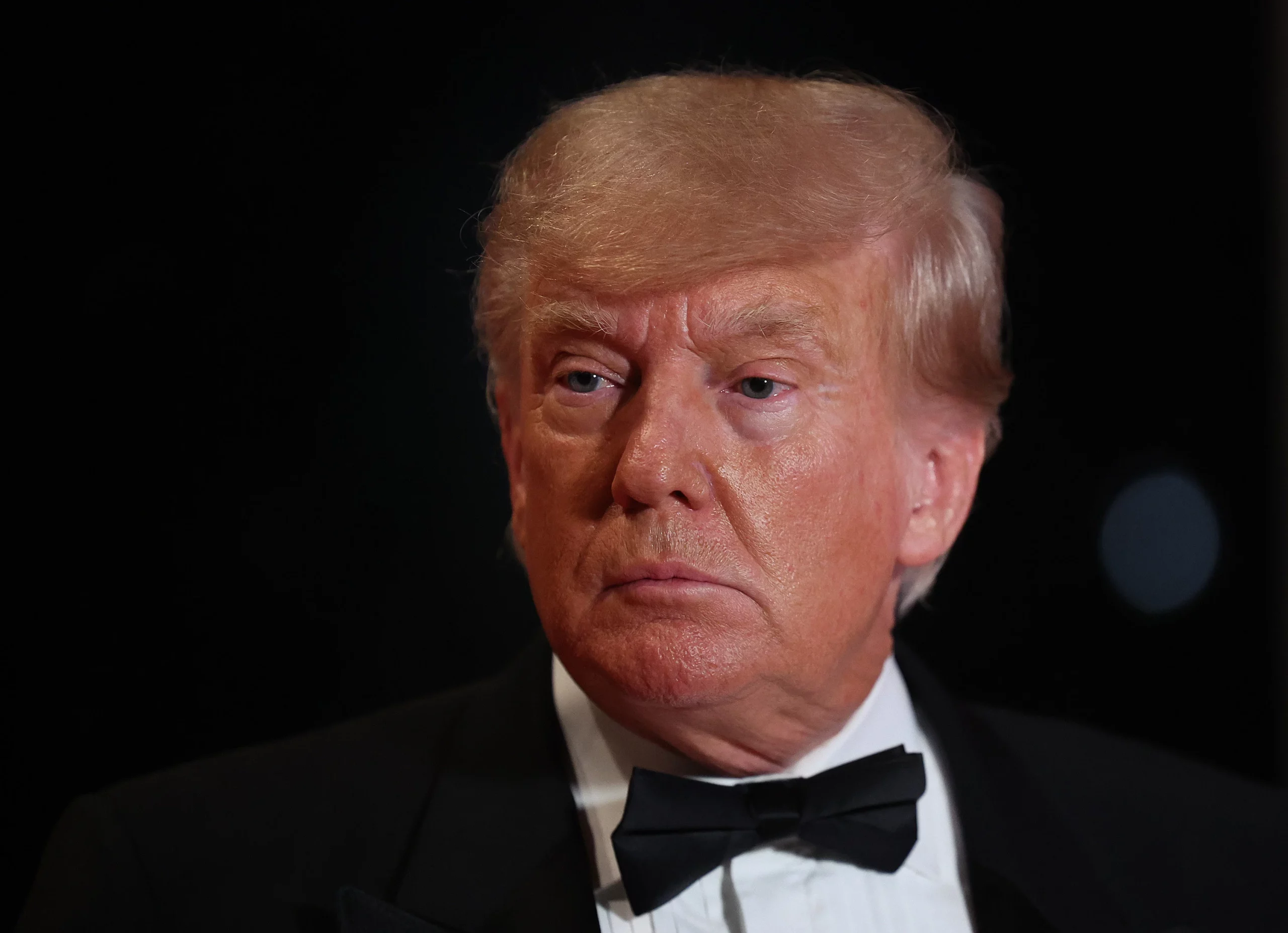In the midst of geopolitical tensions and strategic recalibrations, the call for redefining America’s relationship with China and reassessing its nuclear testing policies has gained significant traction. Recently, a former adviser to the Trump administration has ardently advocated for severing ties with China and resuming nuclear tests. This provocative stance has ignited debates, prompting a critical analysis of its feasibility, implications, and potential consequences.
The Imperative for Cutting Ties with China

The relationship between the United States and China has been marred by a myriad of complexities, ranging from trade disputes to ideological clashes. However, recent geopolitical maneuvers by China, including its assertive stance in the South China Sea and human rights violations in Xinjiang, have escalated tensions to unprecedented levels. The former adviser’s call to sever ties with China underscores the growing sentiment that traditional diplomatic engagement has failed to address these challenges adequately.
Assessing the Feasibility
While the notion of cutting ties with China may seem radical, it is crucial to assess its feasibility. Economically, decoupling from China poses significant challenges, given the intertwined nature of global supply chains. Moreover, diplomatic isolation may exacerbate tensions and lead to a heightened risk of conflict. However, proponents argue that strategic disengagement is essential to safeguard national security interests and protect against intellectual property theft and espionage.
Restarting Nuclear Tests: A Controversial Proposal
The prospect of restarting nuclear tests evokes memories of Cold War-era anxieties and global condemnation. However, proponents argue that technological advancements and geopolitical shifts necessitate a reassessment of America’s nuclear deterrence capabilities. The former adviser contends that resuming nuclear tests is imperative to ensure the reliability and effectiveness of the U.S. nuclear arsenal in an increasingly volatile international landscape.
Addressing Economic Concerns and Diplomatic Ramifications
One of the primary challenges associated with cutting ties with China is the intricate economic interdependence between the two nations. Disentangling supply chains and reducing economic reliance on China would require significant restructuring, which could disrupt global trade flows and have far-reaching economic consequences. Furthermore, diplomatic repercussions stemming from severed ties could exacerbate existing geopolitical tensions, potentially fueling a cycle of escalation. Any decision to recalibrate the relationship with China must be accompanied by strategic planning to mitigate economic disruptions and navigate diplomatic complexities effectively.
Navigating the Ethical and Environmental Landscape
The proposal to restart nuclear tests also raises profound ethical and environmental considerations. Beyond the immediate security implications, the environmental impact of nuclear testing, including radiation exposure and ecosystem damage, cannot be overlooked. Moreover, the ethical dimensions of proliferating nuclear capabilities and contributing to a renewed arms race demand careful reflection. As such, any decision to resume nuclear tests must be guided by a comprehensive understanding of the ethical implications and a commitment to upholding international norms and environmental stewardship. Balancing national security imperatives with ethical and environmental considerations is essential in shaping responsible and sustainable strategic policies.
Analyzing the Risks and Benefits
Restarting nuclear tests entails inherent risks and benefits that demand careful consideration. On one hand, it could bolster America’s nuclear deterrence posture, sending a clear message to adversaries about its commitment to maintaining a credible nuclear deterrent. Conversely, it risks reigniting nuclear proliferation dynamics and undermining global non-proliferation efforts. Moreover, the environmental and humanitarian consequences of nuclear testing cannot be understated, raising ethical and moral concerns.
Comparative Analysis
To provide a comprehensive understanding of the issue, a comparative analysis is essential. The table below outlines the key arguments for and against cutting ties with China and restarting nuclear tests:
| Aspect | Cutting Ties with China | Restarting Nuclear Tests |
|---|---|---|
| Feasibility | Economically challenging due to global supply chain | Technological advancements may necessitate reassessment |
| complexities | of nuclear deterrence capabilities | |
| Strategic Implications | Potential diplomatic isolation and heightened tensions | Enhanced nuclear deterrence posture but risks |
| undermining non-proliferation efforts | ||
| National Security | Protection against intellectual property theft and | Ensuring reliability and effectiveness of U.S. nuclear |
| espionage | arsenal | |
| Ethical Considerations | Human rights concerns and ethical implications | Environmental and humanitarian consequences |
Conclusion
The fervent advocacy for cutting ties with China and restarting nuclear tests underscores the urgency of reassessing America’s strategic posture. While these proposals are not devoid of challenges and controversies, they warrant serious deliberation in light of evolving geopolitical realities. Ultimately, the decision-makers must weigh the risks and benefits carefully to safeguard national interests while upholding international norms and values.




